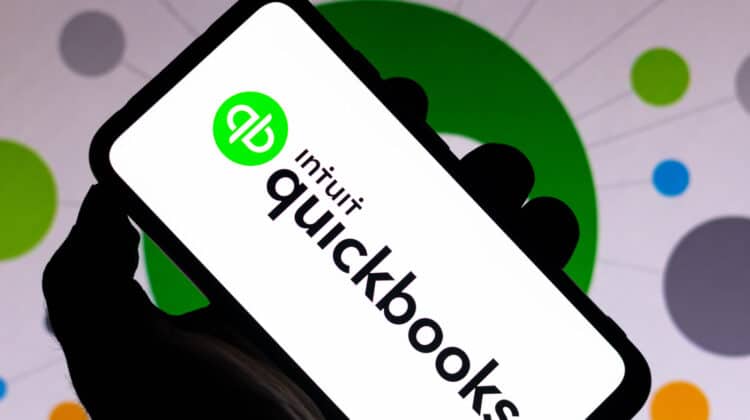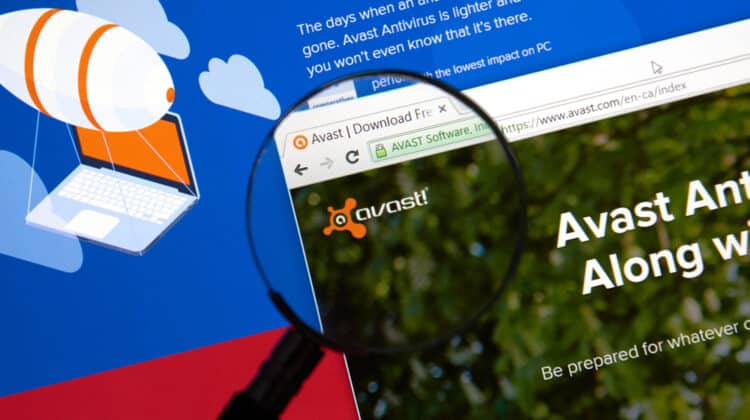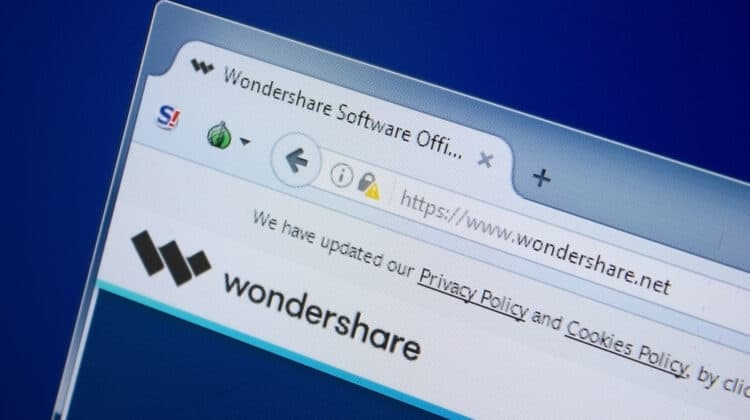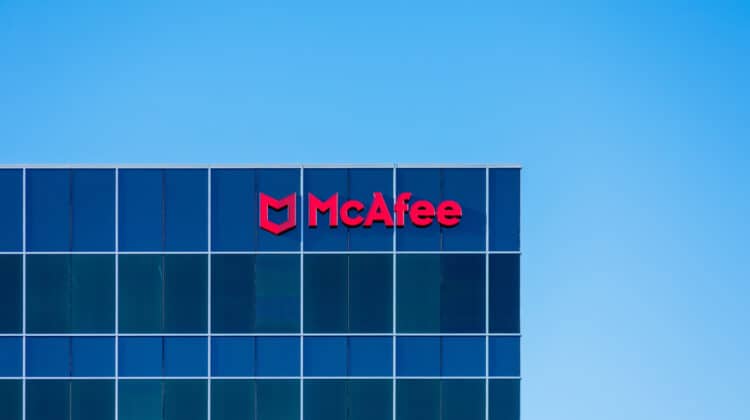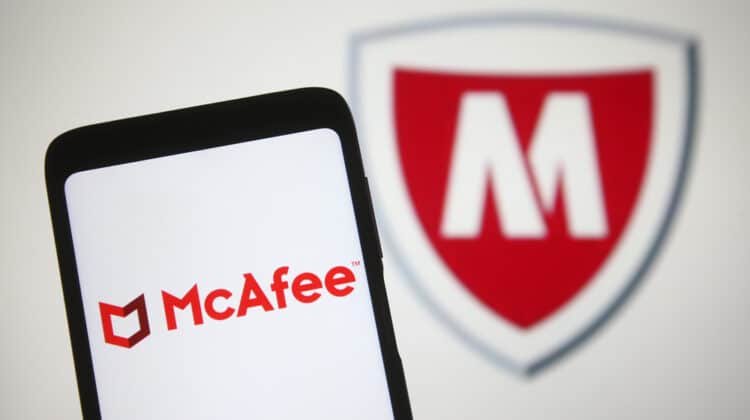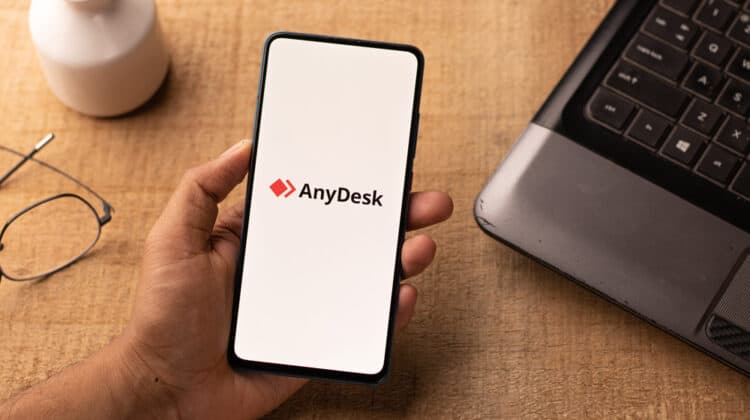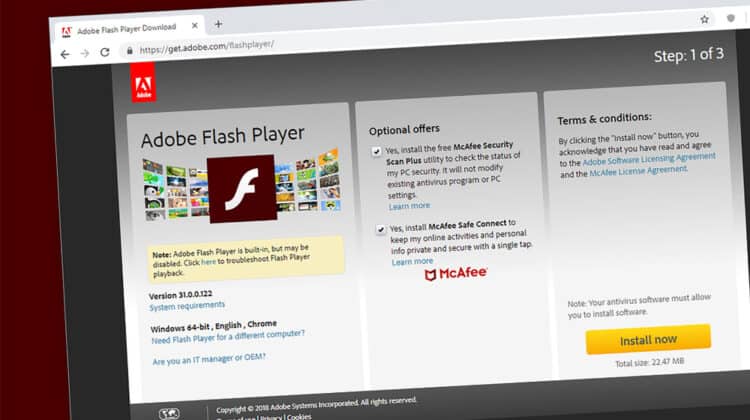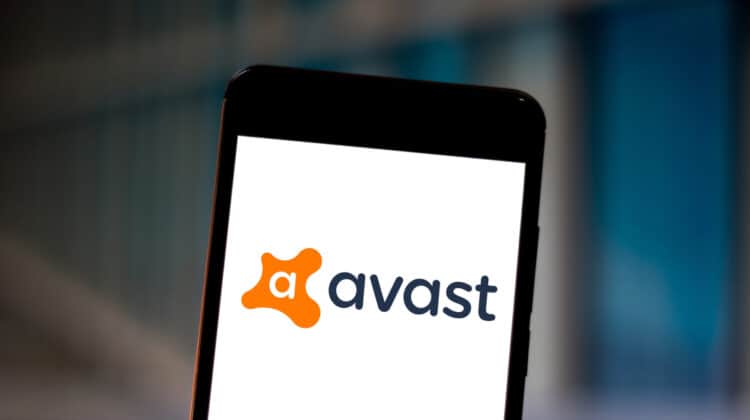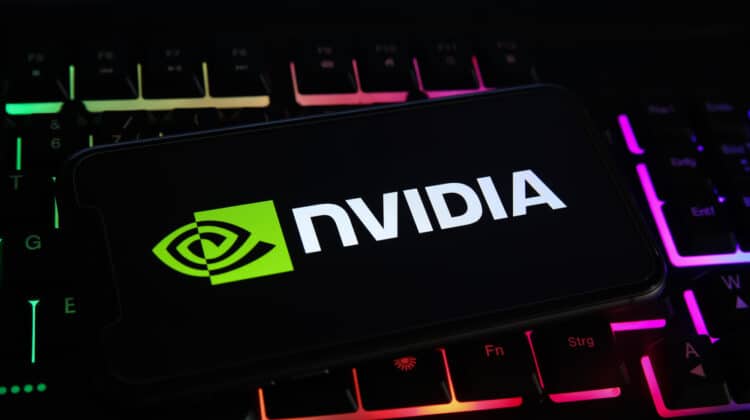
No one likes the idea of having their data monitored or having restrictions on certain sites based on their location.
VPNs protect your data and can allow you to switch your IP’s perceived location to grant you access to geo-locked websites.
Paying for a VPN, however, is quite expensive due to several factors.
Why Are VPNs So Expensive? (10 Reasons)

The average price of a VPN is around $50 a year or $10 a month.
VPNs are expensive because of the various costs they need to cover to provide the different services they have as well as how their payment model works.
Let’s look into these factors and others in more detail.
1. Server Infrastructure Costs

You might wonder how VPNs work.
The answer lies in their server network.
A typical VPN has several servers scattered throughout the world.
Since not every country allows the use of VPNs, the company only has servers in the countries that permit VPNs.
In large countries like the United States, a VPN company will typically have multiple servers in various cities.
In the United States, a VPN company will typically have servers in Los Angeles, New York, Detroit, Seattle, and several other large cities.
Because it has so many servers to monitor and maintain, the cost of having them is quite expensive.
However, a VPN provider can’t exist without these servers.
They’re integral in providing its services.
As such, this is an expense that a company has to take on each year.
The more servers the company has, the higher its expenses become.
Certain factors might also increase the price of their expenses.
If energy prices rise, for example, then the company going to be paying more money to power its servers.
To offset those costs and generate a profit, the company has to charge high prices.
VPNs are expensive because of high server costs and maintenance costs.
2. Top-Tier Security Costs

Security is something that VPNs take very seriously.
One of the services VPNs typically provide is data protection.
Without a VPN, your internet service provider can sell your data to certain entities.
That’s because the provider has easy access to the data coming through your router.
A VPN can lock or block the provider from accessing the data coming through.
As a result, the internet service provider is no longer able to sell your data.
That’s great news since you’re not receiving a portion of that money even though it’s your data.
However, to keep your data safe, VPNs need top-tier security software.
Not only is the company trying to keep your data safe from your own internet service provider, but it’s also keeping it safe from hackers.
Data is very valuable to numerous entities.
Marketing companies, in particular, can use data in order to market better advertisements and products to you.
More nefarious entities can use your information to try and gain access to your credit card information or your bank account.
VPNs protect your data.
The ability to do so, however, is costly for the company.
It needs to regularly invest in the latest data security software available for your protection.
Since this is an ongoing cost, the company has to charge high prices.
VPNs are expensive because of the cost of providing top-tier security for your data.
3. Frequent Development Investments

The VPN market is relatively competitive.
A few major VPN companies are trying to outdo one another.
Although each company offers some of the same services, each one is also trying to find a way to stand out from the rest.
That means the company is often looking for new features or services that it can offer to its customers.
Now, as you might expect, new features and services don’t come cheap.
The VPN has to first consider new features and services that its customers might actually want.
The last thing it wants to do is provide a service that no one even uses.
That requires a good deal of market research and other types of research.
That costs money.
Then, the company has to start developing and testing the new feature or service.
That also costs money.
It may go through several rounds of development and testing before it releases to customers.
Since the company has to take on quite a bit of cost before releasing a new feature or service, it needs to be able to cover those costs.
It does so through expensive prices.
VPNs are expensive because companies often release new features or services which cost them money to develop.
4. Bandwidth And Data Transfer Costs

One of the services that VPNs tend to provide is better bandwidth and data transfer speeds.
Not all VPNs are equal, however, when it comes to providing high speed.
The very nature and service of a VPN can actually slow your computer down.
For example, since a VPN is safeguarding your data, the data has to go through the VPN before anything else.
Without the VPN, the data is able to move freely.
With a VPN, the data isn’t able to move quite as freely.
Cheaper VPN companies might slow down your internet for many reasons.
More expensive ones can actually boost your speed.
Part of the reason they boost your speed is that they use high-quality servers and encryption software.
The software doesn’t get in the way of data flow while protecting it.
The servers can handle a lot of services instead of stalling or having to delay certain clients.
VPNs can also boost your speed by cutting off any probes looking to steal your data.
This makes the stream of data more efficient since nothing else is siphoning it off.
To some people, having faster internet is usually worth the extra money.
VPNs are expensive because of the costs of providing faster internet service.
5. High-Quality Customer Support Costs

Here’s the deal with VPNs.
It can be pretty confusing trying to understand what they do and how they work.
The idea of a VPN is simple.
It allows you to change the perceived location of your IP address.
How the VPN manages to do that, however, is a bit more complicated.
As a result, a customer likely has quite a few questions.
They might wonder how the VPN works on their computer.
They might run into issues with the VPN blocking certain sites or having an odd effect on some of their websites.
When customers have questions, they need a reliable and patient pool of customer service representatives to answer those questions.
VPNs tend to hire high-quality customer service representatives because the companies know that VPNs aren’t always easy to understand.
The customer service representatives need to both walk a customer through some problems they’re experiencing while also selling the service.
Not just any customer support representative can do that.
As such, VPNs tend to have slightly higher labor costs.
To cover those costs, the company has to have expensive prices.
VPNs are expensive because of customer service costs.
6. Marketing Costs

Because the VPN market is quite competitive, the companies need to out-market each other.
As is true in any business, the company that markets the most tends to have more customers.
That’s because the company can spread its message about its service to more people.
It might also have a bigger budget to spend on more targeted or effective marketing campaigns.
Because each company wants to be the one that’s pulling in more traffic, a lot of expenses go toward marketing.
In order to have those funds available, the company has to have a large pool of money.
It generates that pool through more expensive prices.
VPNs are expensive because of high marketing costs.
7. Extra Feature Costs

While most VPNs offer similar services like data protection and the ability to change the location of your IP address, some provide a few more features.
NordVPN, for example, has a feature that alerts you if any of your information ends up on the dark web.
The dark web is a place where illegal exchanges often occur.
Private data is often sold to the highest bidder.
If your information was somehow leaked, then NordVPN would make you aware of it.
This can be extremely beneficial since, without NordVPN, you may have no warning that your information is on the dark web.
You might not notice that there’s a problem until someone tries to open a credit card in your name or gains access to your existing credit card.
With NordVPN alerting you, you can then take quick action to cancel any related services or payment methods associated with that data.
Providing this service and other extra features is a bit more expensive for the VPN company.
Any extra feature that it offers is going to cost it money to provide.
Since it costs the company more money, it needs revenue to offset the expense.
That results in higher prices.
VPNs are expensive because of the extra features they can offer which increases their costs.
8. Subscription-Based Payment Model

Another reason VPNs are expensive is that they follow a subscription payment model.
However, the way the company uses the subscription model makes it a bit expensive.
While the prices for each VPN service vary by company, they all follow a similar payment method.
The company will offer a monthly payment of a certain amount.
It will also provide monthly service for a lower amount across two years.
For example, a VPN company might charge $10 each month to use its services.
It will also have a subscription plan for $2 a month if you sign up for a two-year contract.
The overall price is cheaper, but you also have to pay it for all upfront annually.
Instead of actually paying each month, you’re paying one lump sum at the start of your service.
That isn’t always feasible for some individuals.
Paying $10 a month may be easier for them to do since they don’t have the large sum required to pay for a plan upfront for the whole year.
As such, some customers might find the annual payments to be a bit more cost prohibitive.
VPNs are expensive because of how they structure their subscription models.
9. Anti-Virus Add-Ons

Some VPNs also provide anti-virus software as an add-on.
The VPN essentially offers additional protection that keeps malicious viruses from entering your computer.
Viruses and malware seek to steal your data.
Since VPNs are all about data protection, it makes sense that the service would also include anti-virus protection.
However, some companies require you to pay more for this add-on service.
This adds an extra layer of protection to your computer.
Since it can replace your existing anti-virus software, you might find the extra cost worth it.
However, it makes your overall price more expensive.
Since providing standard anti-virus software is a bit more costly for VPNs to provide, the companies charge extra for the service.
Some companies offer the service for free while others charge you a fee for the additional service.
As such, VPNs can be expensive due to charging more for an anti-virus add-on service.
10. Peace Of Mind

A final reason VPNs are expensive is that they provide peace of mind.
No one likes the idea of having their data out in the open for just anyone to use.
Fewer like the idea of their internet service providers and other entities selling their data without their permission.
As such, some people are willing to pay more for peace of mind.
It reinforces the price which allows VPNs to continue to charge high prices for their services.
VPNs are expensive because of the value of peace of mind when it comes to protecting personal data.
NEXT: Why Is Quicken Software So Expensive? (10 Reasons)







